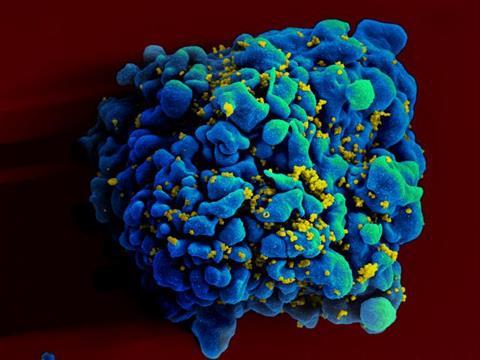As its 2024 Breakthrough of The Year, Science has named the development of lenacapavir – a promising new injectable drug that prevents HIV infection. The award also recognizes related work surrounding gaining a new understanding of the structure and function of HIV’s capsid protein.

Despite decades of advancements, HIV continues to infect more than a million people annually, with a vaccine remaining elusive. However, a new injectable drug, lenacapavir, offers hope by providing six months of protection per shot.
Clinical trials have demonstrated the drug’s remarkable efficacy, achieving 100% protection in African adolescent girls and women and 99.9% in gender-diverse groups across continents. Lenacapavir’s success stems from groundbreaking research on HIV’s capsid protein, which shields the virus’s genetic material.
Game-changer
By rigidifying this protein, the drug blocks key stages of viral replication. This capsid-targeting mechanism, once deemed impractical, could inspire treatments for other viral diseases.
READ MORE: Research reveals how lenacapavir pushes HIV capsid to breaking point
READ MORE: Calibr announces license agreement with Gilead to develop long-acting HIV antiviral agent
Initially developed as a rescue therapy for patients resistant to other drugs, lenacapavir’s long-lasting injectable form now positions it as a game-changer in HIV prevention. It overcomes adherence issues seen with daily oral pre-exposure prophylaxis (PrEP) and bimonthly injections like cabotegravir, particularly for populations facing stigma and access challenges.
However, global rollout depends on affordability, manufacturing agreements, and robust health infrastructure, with regulatory approval expected by 2025. Nevertheless, its potential to drastically reduce infections in high-risk populations underscores its significance. Combined with previous biomedical advances, lenacapavir represents a pivotal step toward diminishing HIV/AIDS as a global health crisis.







No comments yet